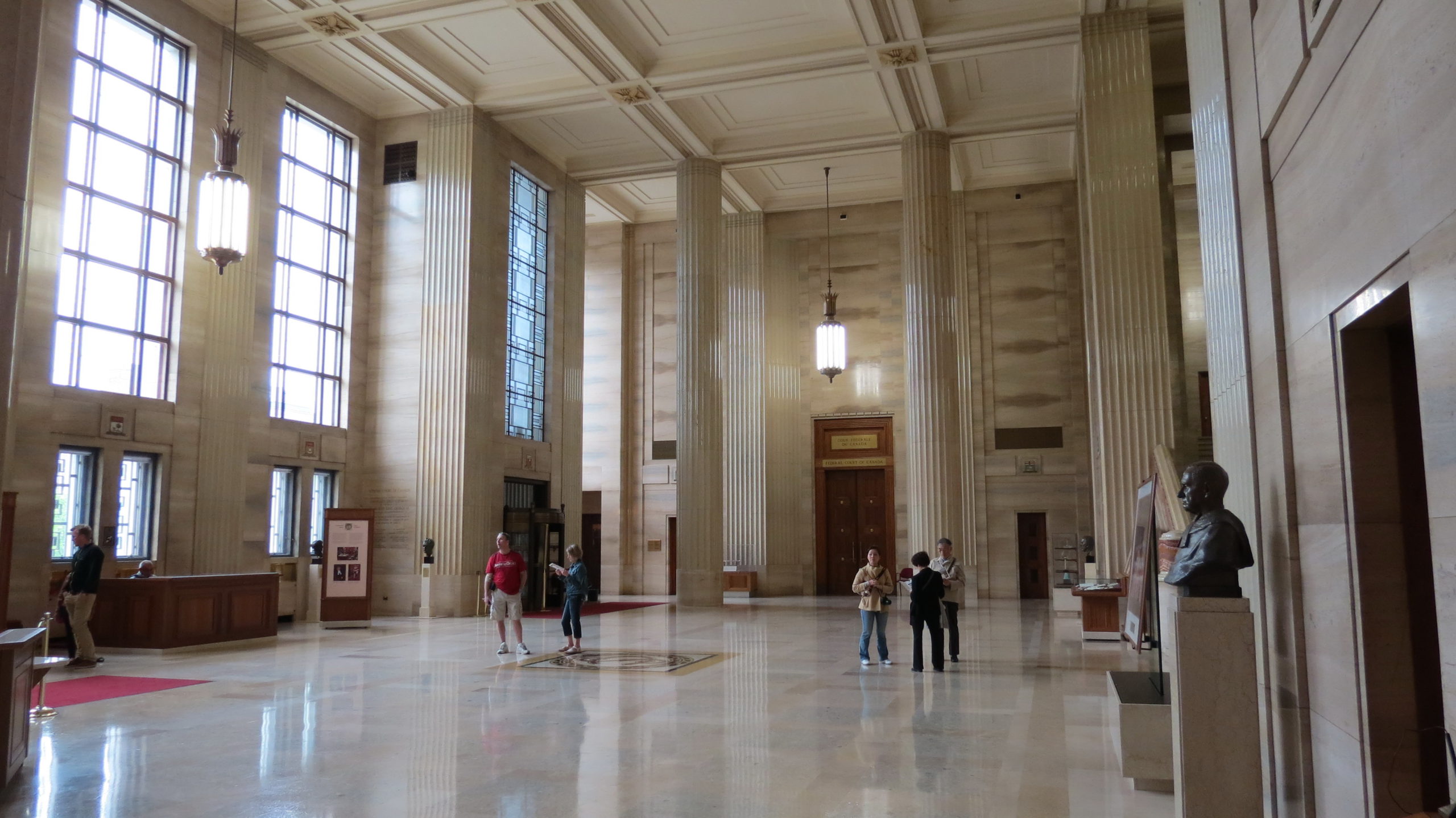On October 15, the Supreme Court of Canada agreed to hear a case involving York and Access Copyright — a collective that represents writers, artists, and publishers that own copyright in Canada. The case, York University v. Canadian Copyright Licensing Agency, has important implications both for post-secondary education and for copyright law as a whole.
“The university is pleased with the Supreme Court’s recent decision to grant leave to appeal the decision of the Federal Court of Appeal in the Access Copyright litigation regarding fair dealing,” says Barbara Joy, York’s chief spokesperson.
York has been embroiled in legal disputes with Access Copyright since 2011 when the university severed a relationship with them, in which it had been paying fees, or tariffs, in order to access copyrighted material. These copyrighted materials were used by the university for purposes such as course packages or lecture instruction.
When York made the decision to opt out of paying these tariffs, Access Copyright sued the university for alleged improper use of copyrighted materials. In turn, York countersued, hoping to have its use of these materials declared “fair dealing,” which is a defence used against copyright infringement.
Where it stands now, the Federal Court of Appeal concluded in April 2020 that the tariff was not mandatory to pay, which was a definite win for York.
“Fair dealing remains a crucial users’ right in the educational sphere. Students should not be required to pay, directly or indirectly, for material that falls within the fair dealing exception.”
Access Copyright is appealing this portion of the decision themselves, stating that making the tariffs optional leaves creators and publishers with “insurmountable obstacles in detecting and pursuing unauthorized copying activities occurring daily in the thousands of individual educational institutions in Canada.”
However, the Court of Appeal did not consider York’s use of copyrighted material to be fair dealing. This part of the decision, which means York students would still have to pay an amount in royalties, is what York is appealing to the Supreme Court.
“Fair dealing remains a crucial users’ right in the educational sphere. Students should not be required to pay, directly or indirectly, for material that falls within the fair dealing exception,” says Joy.
According to Osgoode Hall Law School Professor Saptarishi Bandopadhyay, fair dealing can be used to counter infringement allegations if the defendant, in this case York, can fulfill two criteria. Firstly, they will have to show that their use of the material falls under the purposes permitted in the Copyright Act of Canada, which include research, satire, education, criticism, and news reporting.
“This is a malleable analytical framework for case-by-case application,” he says.
Second, York will also have to prove to the Supreme Court that their activities are “fair”. According to Bandopadhyay, factors that can tell us if dealing with copyrighted materials is fair include: purpose, character, amount of the dealing, as well as if there were any alternatives available. Moreover, the Court may look at the nature of the work being used and how dealing with it may have affected its value or market status.
“None of the factors are conclusive or binding,” says Bandopadhyay. “They are weighed against each other.”
“We believe the Federal Court of Appeal’s analysis on this issue diverges from established law set by the Supreme Court of Canada in previous decisions…”
According to Bandopadhyay, fair dealing “was traditionally seen as an escape hatch,” but since CCH Canadian Ltd. v. Law Society of Upper Canada, a 2004 case heard by the Supreme Court, fair dealing is seen as a user’s right.
In this case, the Supreme Court stated that the fair dealing exception “is open to those who can show that their dealings with a copyrighted work were for the purpose of research or private study.”
“‘Research must be given a large and liberal interpretation in order to ensure that users’ rights are not unduly constrained.”
Ultimately, what York hopes to prove at Canada’s highest court is that its guidelines and usage of copyrighted materials for students do fall under these interpretations. This would protect students from having to pay yearly fees and royalties to cover the materials they use in their classes. In 2012, Access Copyright required universities that complied to pay $26 per full-time student annually.
This case has major implications for not just York, but for the rights of teachers and students in education. Its outcome may impact how all universities across Canada handle copyright, and what fees their students will have to shoulder.
“We believe the Federal Court of Appeal’s analysis on this issue diverges from established law set by the Supreme Court of Canada in previous decisions, and that it is a matter of public importance for Canada’s highest court to hear the case,” says Joy. “The university is proceeding to prepare its appeal and looks forward to having the court hear the case.”




